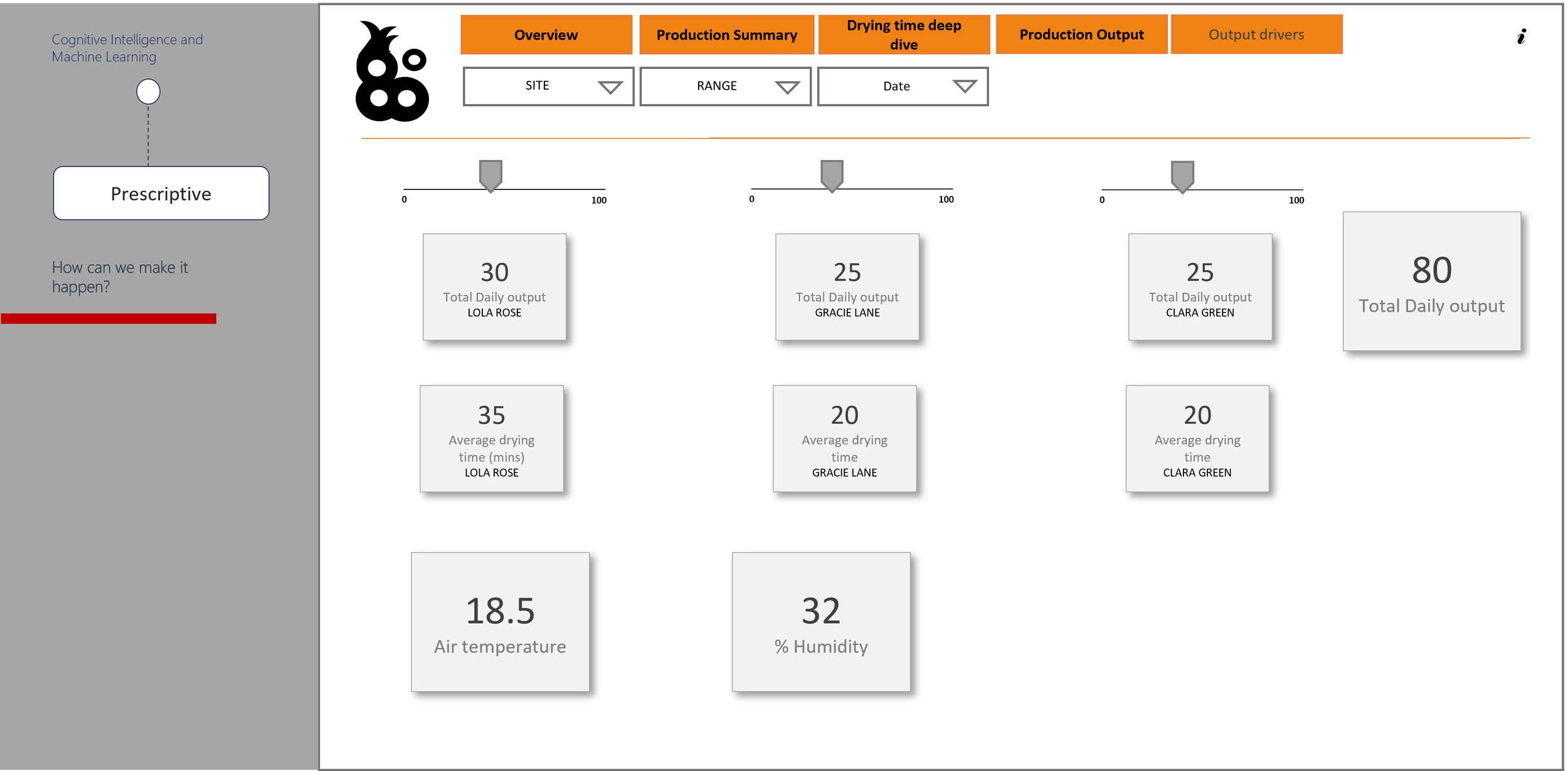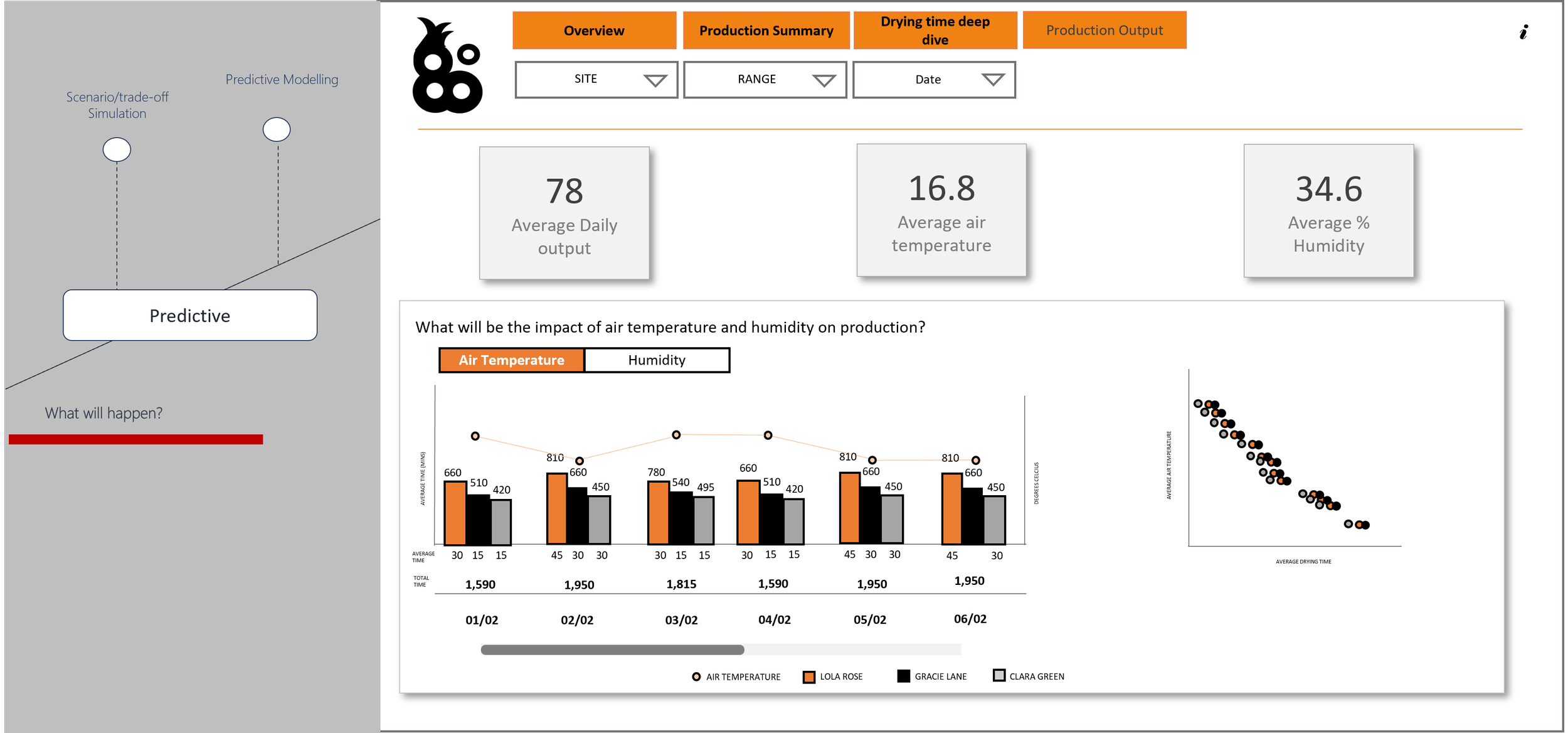Meeting the challenges of software licensing changes coming to Non-Profit organisations from Microsoft in March 2022
/Software licensing and compliance in this area can be difficult to understand, let alone hard to keep maintained. Especially when that licensing is for Microsoft products and services, which even experienced IT professionals can view as a complicated mix of rules and conditions depending on the type of organisation you are, the type of license you need, and the purchase method undertaken, and comparable to learning a new language the day before you go on holiday.
So, with that in mind, depending on how and when you purchase your Microsoft software the rules and typical costs for that licensing will change by 24 March 2022, when Microsoft will have implemented a global increase in pricing by 10-40% across their entire portfolio of solutions, along with changes to their terms and conditions for the licensing of both commercial and non-profit based customers.
So, where this would have normally only affected commercial organisations in the past, these changes are now going to also affect non-profit organisations for the first time in a while on a group of organisations who would have previously benefitted from Microsoft’s donation program.
First and foremost, before we create unnecessary panic, we need to make it clear that there are still benefits provided to non-profit based organisations. But equally there are also changes that you will need to be aware of and will need to be considered from a budgeting perspective going forward.
Key points for non-profit based organisations to consider.
Any existing on premise or cloud license agreement will remain in place until it expires, or its annual anniversary (in relation to cloud-based subscriptions) is met. Once expired or met your organisation will then fall within the new terms and conditions and a change of pricing will be implemented for any new agreements going forward.
Your organisation will no longer be able to avail of the usual donation-based licensing for on-premises based Microsoft software such as Windows Server, Microsoft SQL Server, and associated User/Devices CALS. Previously organisations got this software as a donation and only paid a small administration fee from the distributor such as TechSoup or a Microsoft Partner authorised to sell non-profit based licensing and is extremely popular as a result. However, come the March deadline, when an organisation wants to renew that software going forward, it will be at the commercial price with a discount of between 60-75% applied depending on the products required. This will mean a considerable increase in cost for this type of license compared to previous years. Although there will be exceptions and offers available in cases where computer labs, training rooms and public access computers are needed in organisations that qualify.
In addition, any Microsoft Cloud licensing (Office 365, Microsoft 365, and Dynamics 365) you may be using today will also have some form of price change applied once the anniversary date is met. Fortunately, in most cases the price increment for these will be minimal and there will still be free tiers of licenses with limited functionality available. The only considerations to consider here will be that these new tiers may offer less functionality than previous licensing. So, a review of consumption and comparison of what functionality will be offered still needs to take place on a case-by-case basis to maximise the spend applied as much as possible.
However, any organisations currently using non-profit Microsoft Azure donation/credits of $3,500 (approx. £2,500) per annum to run cloud-based servers and associated services will still be able to continue to avail of this scheme unchanged.
So, what does this all mean for a non-profit based organisation going forward?
The highest cost increase will be for organisations that have a high usage of on-premises Microsoft licensing running their internal systems, especially those that utilise technologies such as Windows Server, Remote Desktop and Microsoft SQL Server. Once those types of licenses become non-compliant and need to be renewed, the pricing will increase anything from 3-5 times more compared to the current donation programme method and will have a real impact on ICT budgeting.
In terms of cloud licensing, it is better news with more options available but the advice we would give initially is to review what cloud subscriptions are in use within the organisation before the annual anniversary date arrives. Because on the start of the next year, a typical cloud subscription’s cost will increase from 10 to 40% per user, per month and if you do not review the rate of consumption, you will miss potential opportunities to keep cost increases minimised.
What can my organisation do to minimise spending on Microsoft licensing?
So, as we’ve mentioned, costs for Microsoft licensing are going to increase. Therefore, the first step to minimise cost is a perform a review of current usage and requirements. In the past, our experience has shown there would tend to be an over allocation of licensing in the non-profit sector because the pricing was so low which ensured all usage was complaint but not applied efficiently because the costs were low.
Therefore, a more commercial focus will need to be adopted, reviewing what is used on premise and in cloud and selecting the most appropriate licensing and pricing offers that meets those needs in the best way. For example, Microsoft will provide additional discounts on common cloud licensing if it is purchased up front for 12 months, compared to month-to-month based subscriptions. However, that means the organisation must know the amount it intends to use in advance, hence the importance for a comprehensive review to be undertaken beforehand. Also, free donation cloud licenses are still available, but some of the functionality has now changed and would need carefully compared before changes are made in an organisation.
Finally, one of the main reasons organisations use on premise systems is compatibility with legacy line of business systems. However, with the advancements in modern cloud platforms, these might be migratable to the cloud and the forthcoming license increases could then be seen as the opportunity for an organisation to make move to cloud which then adds additional benefits in business continuity and information security as cloud hosted solutions tend to offer, compared to running them on your own equipment on premise.
For more information and assistance.
Endeavour is a leading multi gold competency Microsoft Partner with considerable experience assisting customers in managing its ICT systems and migrating them to cloud based platforms. Their in-house Microsoft certified specialists can guide you through how these changes may impact the way you consume Microsoft licenses and will review how you can take full advantage of the forthcoming pricing increases, minimising costs and making the most of your ICT purchases.
You can contact the team to request a free, no commitment review of your current Microsoft licensing via email at solutions@endeavour-is.com or by calling Lee Surgeoner, Partner with Endeavour on 028 9031 1010.






